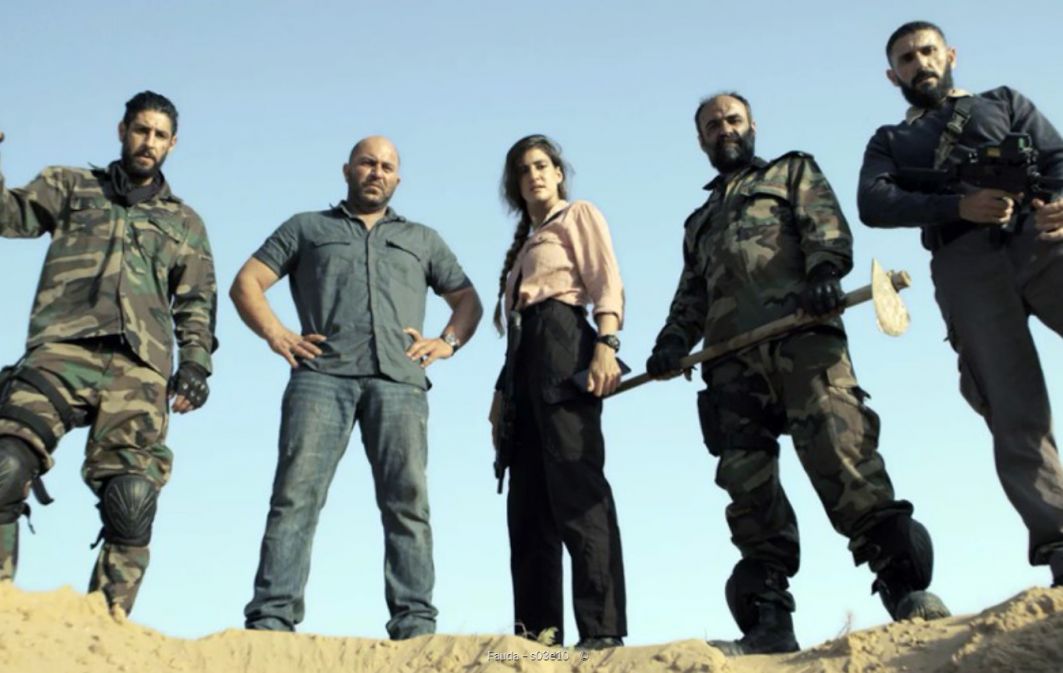Swimming Against the Tide of Misinformation
27.12.2023
Considering the immense scope of the good they believe they contribute to, does it really matter if certain details in their understanding are amiss? Isn't it petty to chastise them for these minor discrepancies?
The late Marek Owsiński, the first chairman of Polskie Radio after 1989, wittily observed about various directors and officials he met in his reformative journey that “their knowledge of things does not cloud their clear view.” This saying, both roguish and melancholic, resonated deeply with the era just ending. At that time, a healthy dose of melancholic resignation was vital to not be driven insane by constant, deliberate attempts to 'fix' the world, coupled with a roguish courage to occasionally jam the system, mystifying all about the cause of the halt. This was essential in navigating a world controlled by those with access to knowledge hidden from the masses, often referred to with respect as "the seen ones."
Over time, it was revealed that this system had seamlessly adapted to the new era. Those who thought it had disappeared with communism were painfully mistaken; the need for a certain melancholy and readiness for sudden, cunning defiance remained. The mediocre often prospered in high places, their success stemming from their ability to appease those above.
But what about the ordinary people, those who resent being considered simple? A recent incident involved a political science professor from Berkeley, disturbed by his students supporting Hamas in anti-Israel protests. Curious about their understanding, he surveyed 250 participants about the river and sea mentioned in their chants. Astonishingly, about half were clueless, offering answers like the Nile or Euphrates and the Caribbean or Dead Sea. Their enthusiasm for the cause was undiminished by their ignorance.
The professor's column on this ended with a sensible note: "Being ignorant is no cause for shame, provided one does not support extermination." This implies an expectation for even the uninformed to possess a basic understanding, especially when advocating for matters of significant consequence. This story underscores the complex interplay between passionate activism and informed understanding in contemporary society.


 SIGN UP TO OUR PAGE
SIGN UP TO OUR PAGE 





